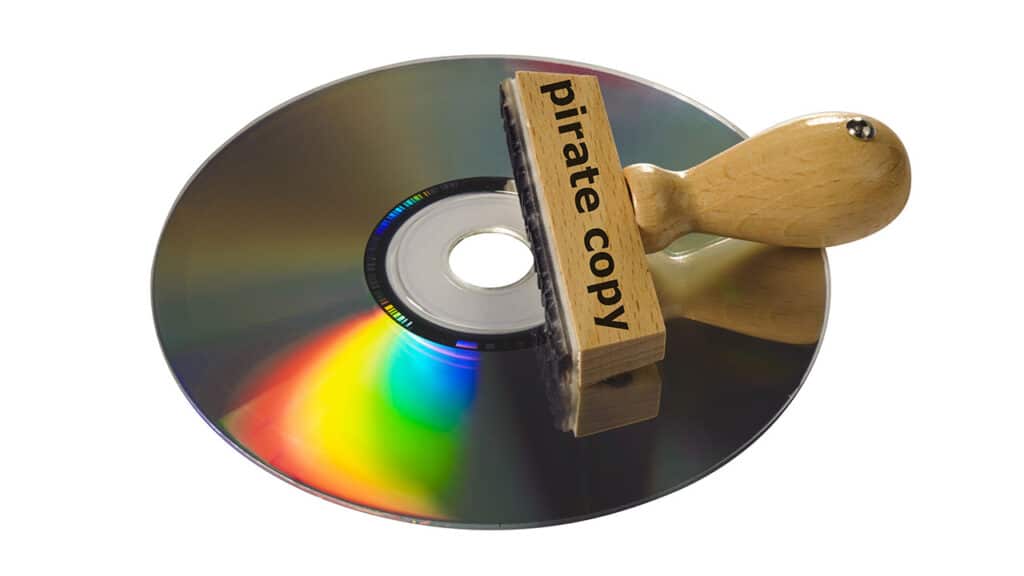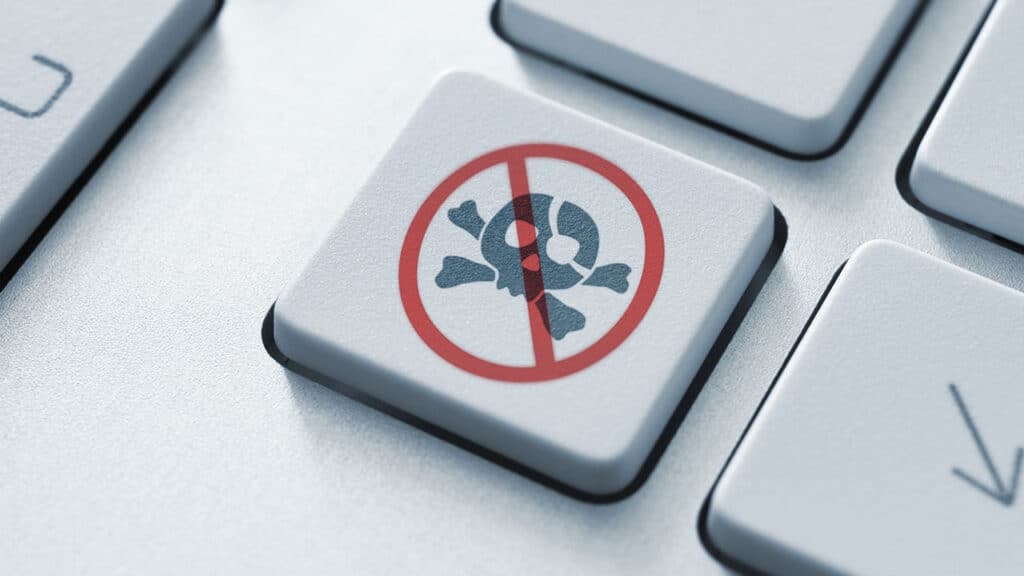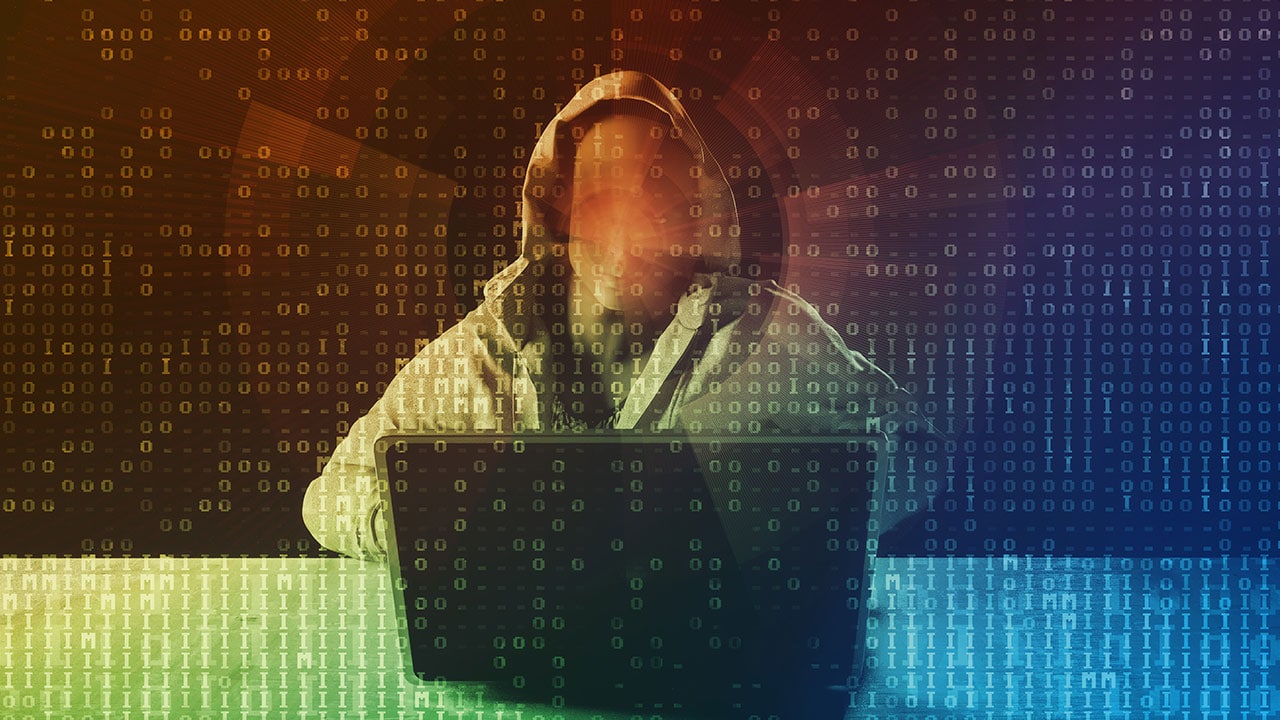Piracy, as we knew it, no longer exists. Almost.
Do you remember the counterfeit DVDs? Those sold on the street or exchanged with some friend of a friend who had obtained his copy, no one knows how? It is a reminder of the past, of a different era.
But that – and here comes the bad news – doesn’t mean piracy is dead. Simply it has evolved, taking on different forms and intentions.
Videotapes and DVDs: what an antiquity!

Let’s go back in time about fifteen years.
You are at the cinema, you buy a ticket, invest some money for a drink and popcorn, you sit on the comfortable armchairs in the room and after a few minutes he appears, the anti-piracy commercial.
You would never steal a car.
You would never steal a bag.
You would never steal a TV.
You would never steal a movie.
Downloading pirated movies from the internet is like stealing.
Stealing is against the law.
Piracy is a crime.
The message was clear. In fact, in the early 2000s, the wild download of movies was the order of the day. Nor was it the only form of piracy. There were those who tried to copy the original DVDs and those who, even earlier, had decided to clone the videotapes.
Today the market has changed, and so have we. And unfortunately the criminal organizations – who often run the business of piracy – they are in step with the technological evolution of audiovisual content.
Piracy is not dead

Today, having a ton of DVDs is considered almost a waste of space. A speech that in reality we can also make for the digital versions where there are no shelves to fill but hard drives and computers with dedicated partitions and folders.
That’s why it has exploded in recent years streaming. What’s the point of downloading something and archiving it when I can watch it without taking up precious GBs?
But while streaming offered by official platforms is of excellent quality, that offered by pirate sites is often poor, not to mention that, to monetize as much as possible, these illegal platforms storm users with advertisements of all kinds that often jeopardize the security of the device and all the data it contains.
Nonetheless, many are looking for content on streaming platforms, whether it is looking for unusual access points or simply sharing a subscription to cut costs. However, this system is illegal, dangerous, and in view of the risks, not convenient. Fortunately, after the pandemic, when the consumption of films and TV series returned to normal and our free time was reduced again, we have seen a decline in the phenomenon and a consequent increase in legal subscriptions. Let’s talk – FAPAV data in hand – of 30% compared to the previous year.
Let’s be clear, this does not mean that multimedia content piracy is no longer a problem. After the quarantine they were registered well 57 million acts of piracy in two months.
We give you another numerical reference to help you understand the extent of the phenomenon: today audiovisual piracy costs our country 1.1 billion euros per year.
A fact that involves the entire production chain of the creative industry: not only producers, directors and actors, but also all the workers and technicians.
The strange case of IPTV

The world of piracy also belongs to IPTV (Internet Protocol TV). Summarizing a lot, we could define it as a system that allows you to watch television channels using an Internet connection.
In itself it is not illegal. It becomes so when used for watch channels that are normally only available for a fee and / or linked to some type of subscription.
In the last two years, the illicit use of IPTV has grown a lot, reaching its peak in 2021, also thanks to the pandemic.
Piracy is not a victimless crime

As anticipated, everything we have told you so far, streaming, downloading, IPTV for pay-TV…, it’s all illegal.
As the famous spot says, piracy is a crime.
The problem is that people often think they are smarter. Smarter than those who set up these illegal services and smarter than the police. After all, many know that it is wrong but, according to the FAPAV report, 54% of people think that getting caught is unlikely or not at all.
The risk, on the other hand, is quite high – and law enforcement agencies now have increasingly sophisticated mechanisms for identifying end users, as demonstrated by one of the last operations of the Guardia di Finanza carried out during the European football championships, which saw users receive very high fines for the illegal use of content. The sanction for those caught committing this crime ranges from € 2,582 to € 25,822, in addition to the compensation provided for the pay-TV object of the violation and to prison, from 6 months to 3 years.
There are also other dangers that lurk behind piracy. A file downloaded believing it to be the latest movie released may contain a virus which can steal your data or lock your computer until a ransom is paid.
Paying for illegal pay channels lists can give your credit card details to those on the other side and your data could be reused for criminal purposes.
So in a moment you could become the victims of this system and you would not even be the only ones.
In fact, piracy is not a crime without consequences. We are not just talking about income and economic return but also about jobs. This phenomenon leads to the loss of 6,000 jobs every 12 months. SIXTHOUSAND.
So if you don’t want to opt for traditional services for the quality of streaming, for the reliability of the service and for the safe and conscious management of your data, you should do it for other people, for those like you. Because the audiovisual industry is not a giant without a name, a colossus to be demolished. It is an industry made up of a multitude of different workers who do their best every day to bring all the entertainment you need to the cinema, on TV and online.















Leave a Reply
View Comments